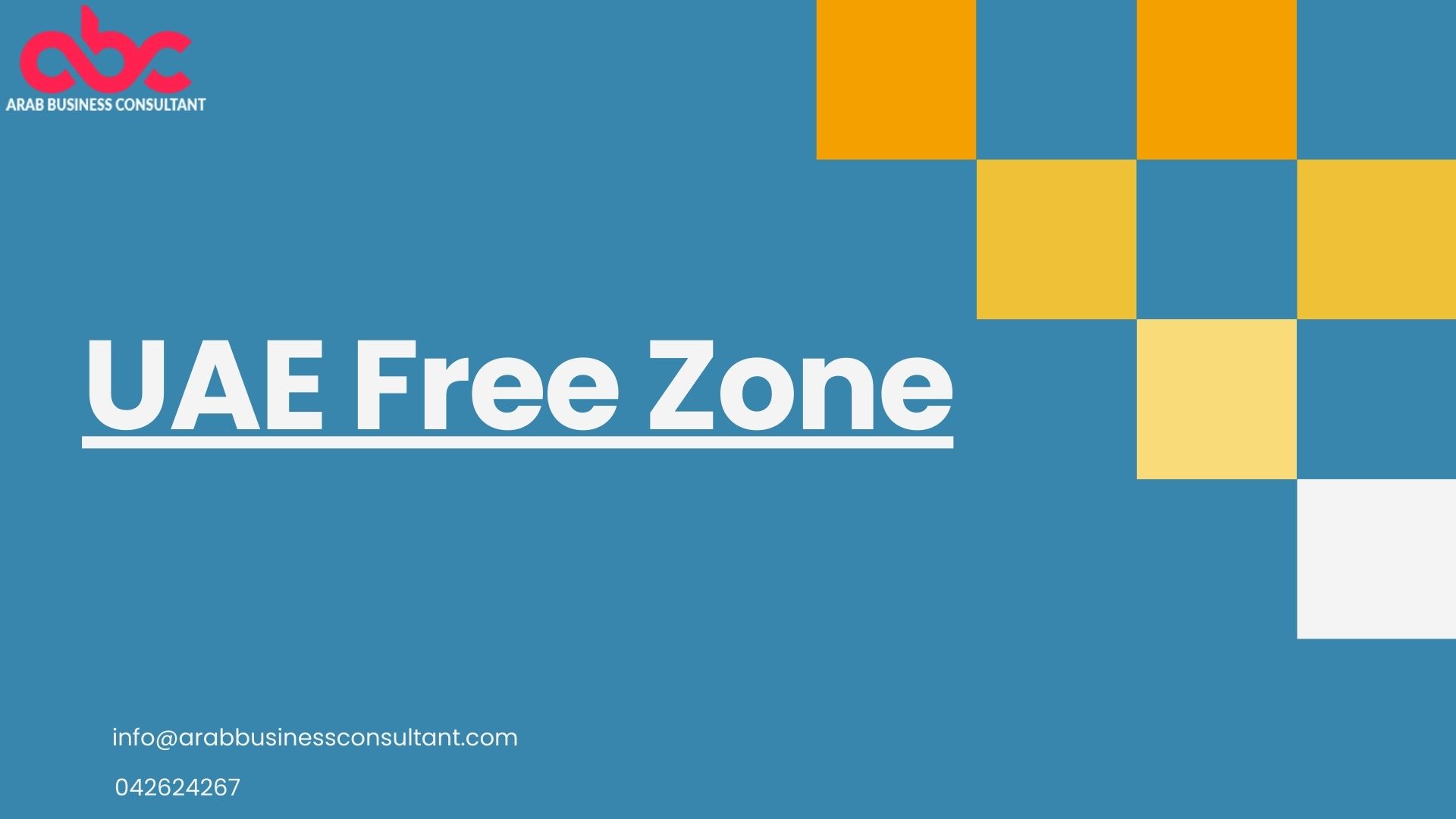Navigating the UAE Free Zones: A Strategic Guide for Arab Business Consultants
The United Arab Emirates (UAE) is renowned for its dynamic business landscape, offering opportunities for UAE free zone. Among its key features are the various free zones scattered across the Emirates, each with its unique benefits and regulations. For Arab business consultants looking to advise clients on establishing a presence in the UAE, understanding the intricacies of these free zones is paramount. In this article, we delve into the nuances of UAE free zones, shedding light on their advantages, challenges, and strategic considerations.
Understanding UAE Free Zones:
UAE free zones are designated areas that offer favorable
conditions for business setup, including tax exemptions, 100% foreign
ownership, and streamlined procedures. These zones cater to specific
industries, such as technology, media, finance, and logistics, fostering
sector-specific clusters of innovation and growth. From Dubai's Jebel Ali Free
Zone to Abu Dhabi's Khalifa Industrial Zone, each free zone has its unique
value proposition, attracting businesses with tailored incentives.
Advantages of Establishing in UAE Free Zones:
- Tax Benefits:
One of the primary attractions of UAE free zones is the exemption from
corporate and personal taxes, offering businesses a conducive environment for
growth and profitability.
- Foreign
Ownership: Unlike mainland UAE, where local sponsorship is often required,
free zones allow 100% foreign ownership, providing investors with full control
over their enterprises.
- Simplified
Procedures: Free zones offer streamlined registration and licensing
processes, enabling swift establishment and operation of businesses.
- Infrastructure
and Facilities: Many free zones boast state-of-the-art infrastructure,
including office spaces, warehouses, and logistics facilities, facilitating
operational efficiency.
- Access to
Markets: Businesses established in UAE free zones benefit from strategic
geographical locations, enabling easy access to regional and global markets.
Challenges and Considerations:
- Legal and
Regulatory Framework: While free zones offer a business-friendly
environment, navigating the legal and regulatory landscape can be complex,
requiring expert guidance to ensure compliance.
- Costs and
Overheads: While free zones provide numerous benefits, there are associated
costs, including licensing fees, rent, and operational expenses, which need to
be carefully assessed and budgeted.
- Limited Market
Access: While free zones offer strategic advantages, businesses may face
restrictions in conducting commercial activities outside the designated zones,
necessitating strategic planning for market expansion.
- Competition
and Saturation: As the popularity of UAE free zones continues to grow,
certain sectors may become saturated, leading to increased competition and
challenges in differentiation.
Strategic Considerations for Arab Business Consultants:
- Industry
Analysis: Conduct thorough market research and industry analysis to
identify the most suitable free zone for your client's business, considering
factors such as sector focus, infrastructure, and proximity to target markets.
- Legal
Expertise: Collaborate with legal experts well-versed in UAE regulations to
ensure compliance and mitigate legal risks throughout the establishment
process.
- Financial
Planning: Assist clients in developing comprehensive financial projections,
taking into account setup costs, operating expenses, and potential revenue
streams to ensure financial viability.
- Networking and
Partnerships: Leverage your network and establish strategic partnerships
with key stakeholders, including free zone authorities, service providers, and
industry associations, to facilitate smoother business setup and expansion.
- Long-term
Vision: Encourage clients to adopt a long-term perspective, considering
factors such as scalability, sustainability, and exit strategies, to ensure the
success and longevity of their ventures in UAE free zones.
Conclusion:
Navigating the UAE
free zone requires a strategic approach, combining market insights,
legal expertise, and financial acumen. Arab business consultants play a pivotal
role in guiding clients through this process, helping them capitalize on the
myriad opportunities offered by UAE free zones while navigating the associated
challenges. By understanding the nuances of each free zone and aligning with
clients' goals and objectives, consultants can facilitate successful business
establishment and sustainable growth in one of the world's most dynamic
business environments.



Comments
Post a Comment